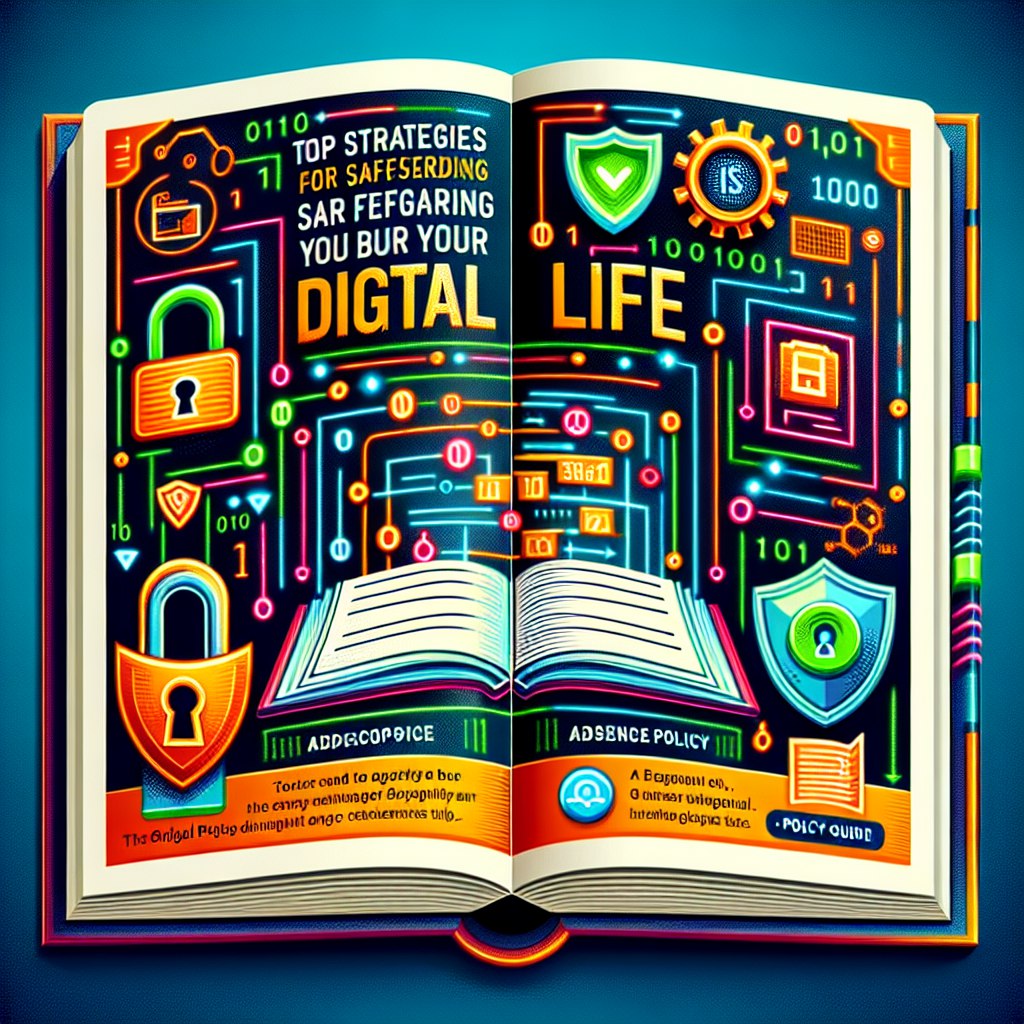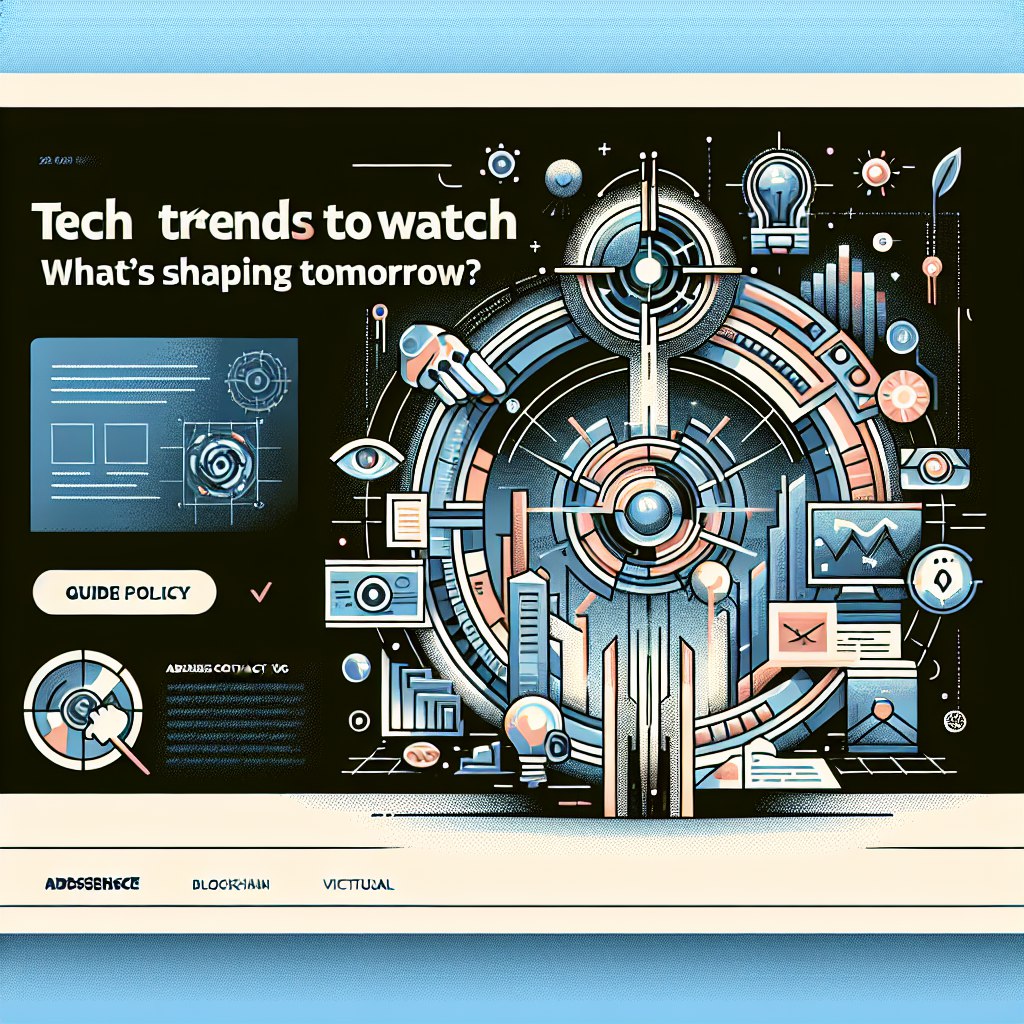Blockchain technology has taken the world by storm, often overshadowed by its most famous application—cryptocurrency. However, its potential extends far beyond digital currencies. This article explores the revolutionary applications of blockchain in various sectors, demonstrating how it is poised to reshape industries and enhance our daily lives.
Understanding Blockchain Technology
At its core, blockchain is a decentralized, distributed ledger technology that securely records transactions across multiple computers. This ensures that the data is immutable and transparent, making it an ideal solution for a plethora of applications beyond just financial transactions.
1. Supply Chain Management
One of the most promising applications of blockchain lies in supply chain management. By providing a transparent and tamper-proof record of every transaction, blockchain enables businesses to trace the journey of products from their origin to the end consumer. This can drastically reduce fraud, ensure product authenticity, and improve efficiency.
For instance, companies like IBM and Walmart are already utilizing blockchain to enhance food safety. By tracking food products from farm to table, they can quickly identify sources of contamination, reducing the time to respond to food safety issues and protecting consumers.
2. Healthcare
The healthcare sector is ripe for blockchain innovation. By leveraging this technology, medical records can be securely stored and shared among authorized personnel, ensuring patient privacy while improving care coordination. Blockchain can also facilitate secure drug tracking, helping to combat counterfeit medications.
Additionally, smart contracts on the blockchain can automate insurance claims processing, reducing administrative overhead and speeding up reimbursements for healthcare providers.
3. Identity Verification
Identity theft is a growing concern in our digital age. Blockchain technology offers a secure method for verifying identities. With a decentralized identity system, individuals can control their personal data, sharing only what is necessary for verification, thus reducing the risk of data breaches.
This application could revolutionize online services, allowing users to authenticate themselves without relying on centralized authorities, thereby enhancing privacy and security.
4. Voting Systems
Blockchain has the potential to transform the electoral process. By providing a secure, transparent, and tamper-proof voting system, blockchain can increase voter confidence and participation. Each vote can be recorded as a transaction on the blockchain, making it nearly impossible to alter or delete.
Several pilot programs have already been conducted, demonstrating that blockchain voting can enhance accessibility and security, particularly for overseas voters and those with disabilities.
5. Intellectual Property Protection
In the digital age, protecting intellectual property (IP) is more critical than ever. Blockchain can provide a secure and transparent method for recording IP ownership and usage. Creators can register their work on a blockchain, establishing proof of ownership and enabling them to control how their work is used.
This not only protects the rights of creators but also simplifies the licensing process, making it easier to track and manage IP rights.
6. Real Estate Transactions
Blockchain can streamline real estate transactions by simplifying the process of transferring property ownership. By creating a decentralized registry of property titles, blockchain reduces the need for intermediaries like banks and real estate agents, cutting costs and speeding up transactions.
Moreover, smart contracts can automate various aspects of real estate transactions, from escrow services to lease agreements, ensuring that all parties fulfill their obligations.
Conclusion
The applications of blockchain technology extend far beyond cryptocurrency, offering innovative solutions across various sectors. From supply chain management to healthcare, identity verification, voting systems, intellectual property protection, and real estate transactions, blockchain is poised to revolutionize how we conduct business and interact with one another.
As the technology continues to evolve, it is crucial for businesses and individuals to stay informed and adapt to these changes. Embracing blockchain technology could provide a competitive edge and pave the way for a more efficient, transparent, and secure future.




